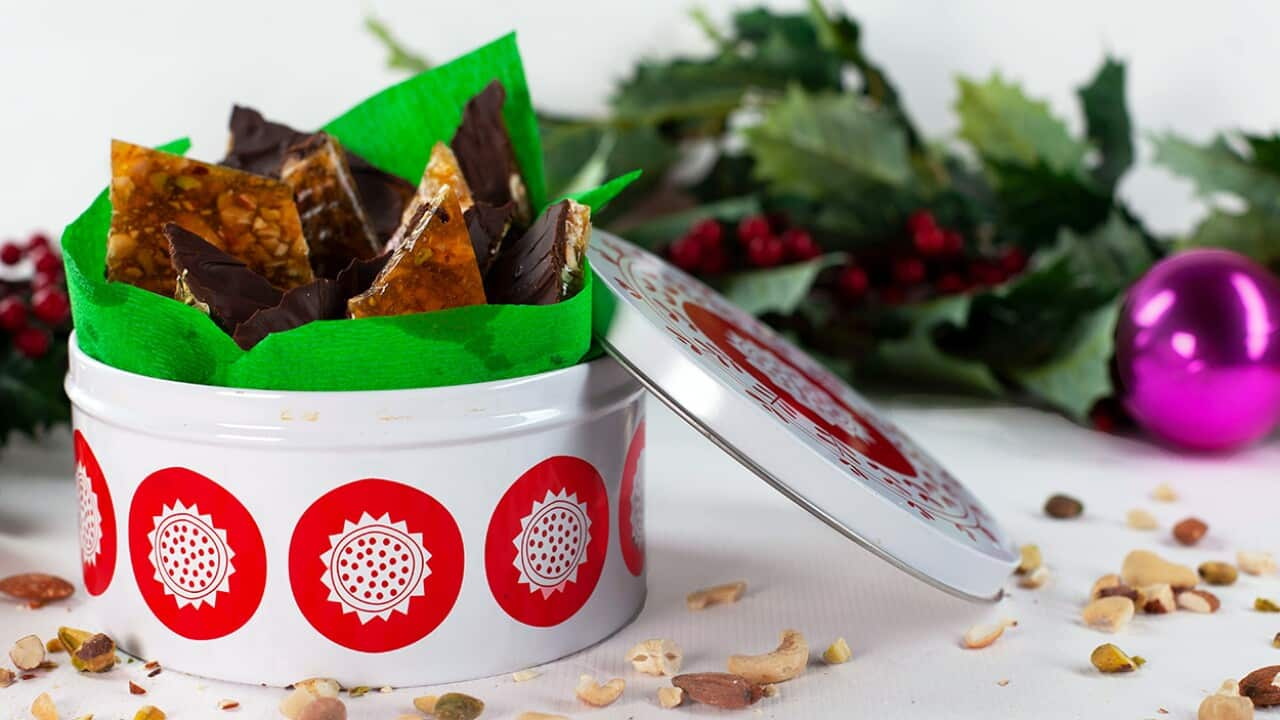One of the best things about having a party, other than socialising, is the food.
Unfortunately, when it comes to entertaining, especially during the Australian summer, food poisoning may appear uninvited on the menu; an estimated of food poisoning occur every year in Australia. “Summer can be a food-poisoning recipe for disaster. Rates of food poisoning rates go up with the increase of every degree of temperature,” says Lydia Buchtmann, spokesperson for the (FSIC).
According to Buchtmann, there is a greater chance of food poisoning at this time of year due to the sheer volume of food and people we’re catering to. “We are likely to prepare food for at-risk groups such as the elderly, pregnant women and people with immune problems who can get very sick if they get food poisoning, so you need to be extra careful when preparing, cooking and storing foods.”
To ensure your parties are talked about for all the right reasons, follow these nine tips. Some are reminders of things most of us do anyway, but have you thought about what items you can safely take out of the fridge to make way for all that extra festive food? Or that if you are doing "bring a plate" gatherings, how far your guests are travelling effects what's best (ie safe) for them to bring?
1. Plan ahead
Invest in cooler bags, ice bricks or frozen gel packs; think about where you will be able to buy ice; and if you don't have one, maybe buy an esky. Plan ahead and do it now, so you aren't racing around the day before your big gathering trying to figure out how you'll keep everything cool. Give your gadgets and utensils a makeover, too. “Throw out old chopping boards and ask for new ones as a Christmas gift,” says , an .
2. Clear out the fridge
Not all foods need to stay in the fridge. According to the FSIC, the following foods can be safely stored elsewhere, at room temperature, for various lengths of time:
- Ground coffee: seal in an airtight container.
- Whole fruit and vegetables: place in a bowl and cover or put in a cupboard.
- Pickles, chutneys, bottles of sauces (anything that has vinegar on the label): place in a cupboard but return to the fridge after a couple of days.
3. Remember the danger zone
While some foods can be safely left out of the fridge for a day or two, the following foods are at high risk of food poisoning bugs, says the FSIC, and should be kept refrigerated.
- Cooked meats, deli meats, pâtés: leave in the fridge until ready for eating.
- Salads, especially cooked vegetables, pasta or rice salads.
- Ready-to-eat seafood.
- Dips and other ready-to-eat foods.
- Cream, egg and custard-based desserts.
- Dishes containing raw or minimally cooked eggs – we’re talking mayonnaise or sauces.
4. Cook, chill, don’t get ill
According to the FSIC, getting it wrong when it comes to temperature is the major cause of food-borne illness at parties and functions. Follow its to heating – and cooling – your party meals.
- Keep hot food hot: don’t keep food warming for longer than four hours.
- Keep cold food cold: check and recheck that your fridge is still running at or below 5°C.
- Cool food quickly: once the steam stops rising, cover the dish and refrigerate it. This stops spores germinating.
- Thaw frozen meat or meals in the fridge: plan ahead and do this the day before.
5. Buy some ice
“We entertain more in this heat and during the holidays, which puts a strain on our domestic kitchen, especially our fridges, so take out drinks and store them in insulated containers or buckets with ice. Only use the fridge for perishable food so it’s not overcrowded,” says Buchtmann. “Keep the fridge running at, or under, 5°C. At these temperatures, food poisoning bacteria will multiply very slowly and the food will remain safe for two or three days.”
6. Delegate dishes
Ask those who are travelling further than an hour to reach you to bring foods which don’t need refrigerating or keeping hot, such as cakes, biscuits or Christmas pudding, advises Buchtmann. “If you do take hot food with you, put it in an insulated bag, but remember it needs to be reheated to 75°C before serving.” Reheat any leftovers until they are hot all the way through, particularly if using a microwave that heats from the outside in.
7. Store food the right way
“Keep meat stored in the fridge below fresh fruit and vegetables to ensure no cross contamination occurs, such as meat juice dripping into your salad,” says Austin. And keep your leftovers correctly. “Use or freeze within three days,” says Buchtmann.
We'll meat again

You can thaw and refreeze meat: food safety myths busted
8. Keep it clean
“You need to be extra careful keeping hands and utensils clean when preparing food,” says Buchtmann. Wash chopping boards, knives and anything else which will come into contact with any food, whether it's raw or ready-to-eat.
9. Defrost your bird
“Many people fancy themselves as celebrity chefs and prepare risky foods we’ve never cooked before, such as fancy brined turkeys,” says Buchtmann. “Think of getting something smaller and more manageable like a turkey breast, instead.” Or ask your butcher to defrost the turkey in their cool room for you. “When cooking, use your meat thermometer to check that the temperature in the thickest part reaches 75°C.” And cook the stuffing separately.
Love the story? Follow the author on Twitter




